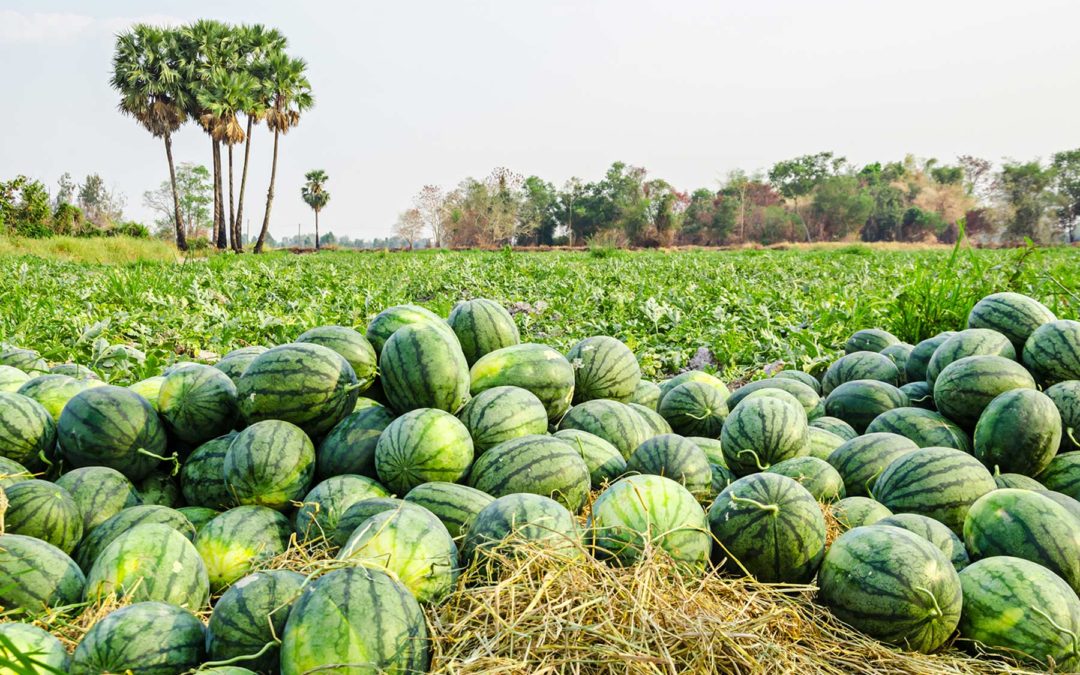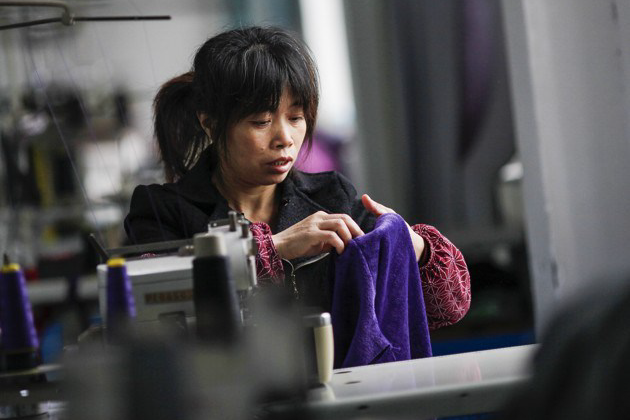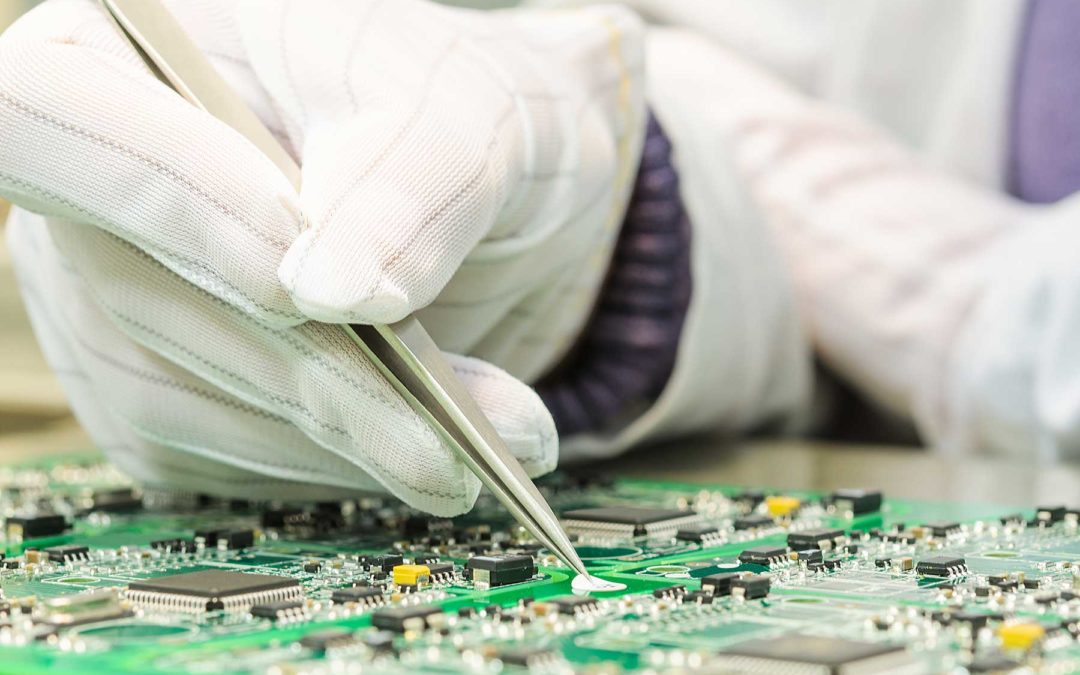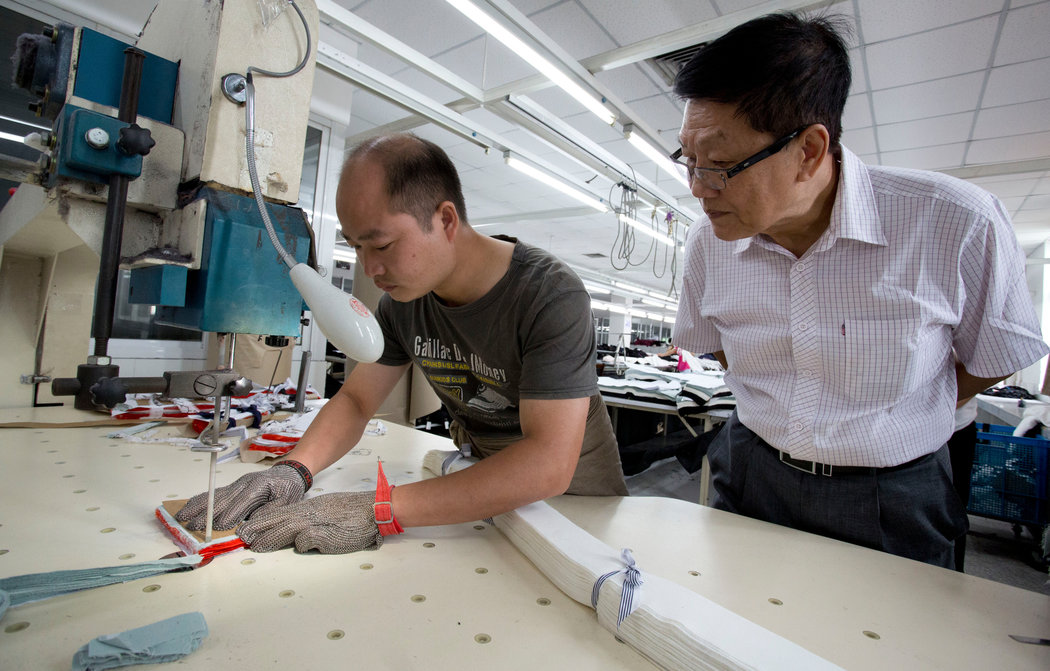
[dflip id=”65974″][/dflip]


In the more than 40 years since its founding as a clothing company, Patagonia has become a symbol of well-heeled outdoor adventure. But the apparel and sporting company, which sells everything from fleece jackets to smoked salmon, thinks of itself as more than just a retail company. Patagonia is an accredited and founding member of the Fair Labor Association; its website is as much an educational tool about environmental and social responsibility—filled with information on issues such as preservation of land in Chile, labeling GMO products, and responsible sourcing—as it is an online store. In a note launching the company’s food division, Patagonia Provisions, company founder Yvon Chouinard restated the brand’s central ethos: “We aim to make the best product, cause no unnecessary harm, and perhaps most important, inspire solutions to the environmental crisis.”

If you are reading this on a tablet, smart phone or computer monitor, then you may be holding a product of forced labor. Verité’s two-year study of labor conditions in electronics manufacturing in Malaysia has found that one in three foreign workers surveyed was in a condition of forced labor. Because many of the most recognizable brands source components of their products from Malaysia, almost any device you purchase may have come in contact with modern-day slavery. Many customers have never heard the stories that most of the migrant workers living in Malaysia can recite by heart. One such story goes like this. In 2011, a Nepali man named Bishal (not his real name) applied for a job with a Malaysian electronics company. He was told he could only be employed if he first paid a $1,266 fee — about double the average annual income in Nepal.

For the last two years, Verité has been meeting with migrant workers in the electronics sector in Malaysia to understand their experiences. Our findings shocked us – one in three of the hundreds of thousands of migrants working in Malaysian electronics manufacturing is in a condition of forced labor. These Burmese, Nepalis, Indians, Bangladeshis, Vietnamese, Thais, Indonesians and Filipinos work in modern factories. But because they are foreigners they are often employed by third-party labor agents rather than the factories themselves.

Inspectors came and went from a Walmart-certified factory in Guangdong Province in China, approving its production of more than $2 million in specialty items that would land on Walmart’s shelves in time for Christmas. But unknown to the inspectors, none of the playful items, including reindeer suits and Mrs. Claus dresses for dogs, that were supplied to Walmart had been manufactured at the factory. Instead, Chinese workers sewed the goods — which had been ordered by the Quaker Pet Group, a company based in New Jersey — at a rogue factory that had not gone through the certification process set by Walmart for labor, worker safety or quality, according to documents and interviews with officials involved.